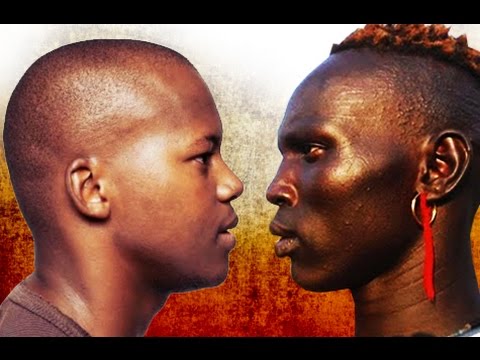I wrote/posted an article yesterday challenging the merits of the so-called "American Descendants of Slaves (ADOS)" movement. In response, a sister stated that Africans born outside of the U.S. have never done anything to help Africans within the U.S. Her reference point was petti-bourgeoisie Africans from the continent who come to the U.S. I responded that many Africans born within the U.S. turn their backs on our people also so that is an issue of class struggle within our communities, not a factor based on where we are born.
3 Comments
Marcus Overton
2/17/2019 04:21:57 am
This was great brother and i have posted this to my facebook wall and in my groups on facebook and sending it to other Pan Africanist to destory this ADOS agruement. You have coined the phrase for me to the ADOS movemnet, "it is a class struggle" I'm out to destory and end this movement. It remind of the Aboringal movemnt and you see how far they got. I aksed if you can do an indepth blog on Africans and caribeans help sape the Africans here. Dr. Clarke has talked about this but these ADOS are not listening. Thank you again for writing this.
Reply
Anisia
2/20/2019 06:49:17 pm
You are NOT helping us, you are helping yourself to our stuff. Minority Benefits were NOT for you. We died for our offspring NOT yours. We don't come to any African Nation demanding the entitlements for Natives, so why do you think you should have access to ours? This is the most relevance you'll get from me, 'cause your stance is irrational and not historically based ✌ #ADOS 🇺🇸#NotaBot
Reply
Ahjamu Umi
2/20/2019 07:18:57 pm
If you took 10 seconds to study the blog you are commenting on you would know I was born and raised in San Francisco, California. Last time I checked, that place is located wthin the U.S. How confused you people are. You are the laughing stock on my blog with such ignorant commentary.
Reply
Leave a Reply. |
Archives
March 2023
Categories |


 RSS Feed
RSS Feed
